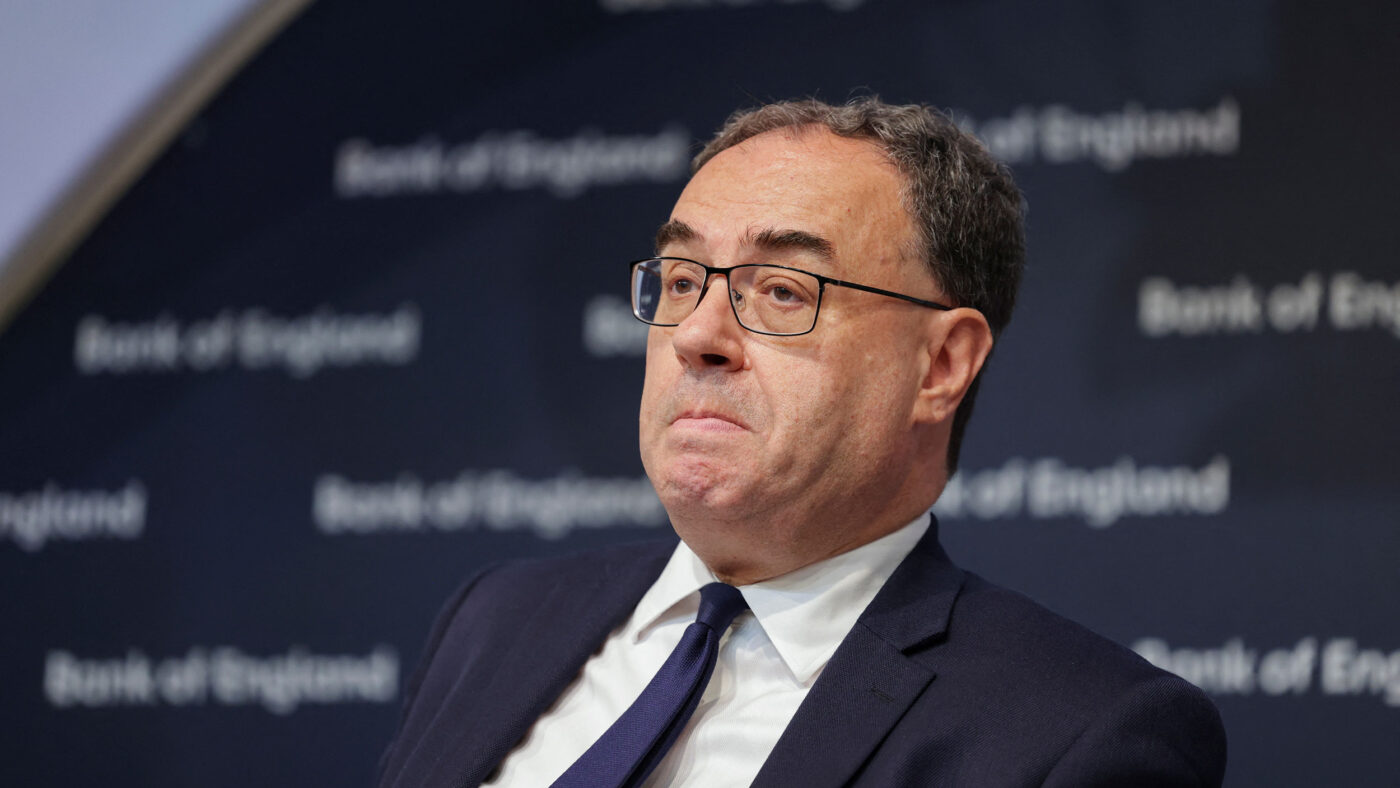The Bank of England’s decision today to un-necessarily hike interest rate by 25 basis points is disappointing, but not surprising. The recent performance of the Bank has been the worst since it received its independence 25 years ago. Charged with keeping inflation at 2% annually, it allowed it to rise into double figures. It raised interest rates a year too late to handle the inflationary pressures. When pension funds had to sell gilts to remain liquid, it bought gilts instead of proposing a one-year suspension of the liquidity requirement. The personnel at the top have failed to discharge their duties responsibly.
The prime reason for these errors of judgement is that HM Treasury has effectively ended BoE independence. They appoint their own to the top roles, and put in pliant externals whom they know will toe the line. No 10 and No 11 should now take charge of this very important appointment process, rather than simply rubber stamping what the career HM Treasury civil servants decide. It should not be current or previous career bureaucrats deciding this, but should involve people within the political process who have to answer to the electorate.
At no point in the process of selecting new personnel do ministers or elected members appear to be involved. Selections are made by people without ‘skin in the game’, and are not answerable for decision mistakes. No 10 and No 11 should be able to appoint people with views that diverge from the Treasury mindset.
The Bank’s personnel failed to realise that the Quantitative Easing (QE) done in response to the pandemic was very different from that done following the 2008 crash. Although some critics predicted high inflation after the QE of the 2008 crisis, it did not materialise to any great extent because the extra money did not largely leak into the general economy, instead staying contained within the banking system.
Central banks purchased large quantities of financial assets, primarily government bonds and mortgage-backed securities, from commercial banks and other financial institutions. By doing so, the central banks increased the reserves held by these banks, effectively injecting money into the banking system. However, the money remained within the banking sector as it was held as excess reserves by the commercial banks and was not immediately lent out into the broader economy.
Much of the money created to deal with the Covid pandemic did go into the everyday economy. It went into support for small businesses. It went to help the hospitality industry in the ‘Eat out to help out’ campaign. It went to buy PPE equipment and to help fund the vaccine programme. It went to support employees on a furlough programme. It went into decisions to buy or sell, and to hire or fire. It was not anaesthetised in bank vaults, but went into circulation.
The result was inflation, and the Bank took its eye off the ball. Worried about recession, it acted a year too late to snuff out inflation. Concerns about the judgement of the Bank’s personnel were raised when some of its members were publicly attributing inflation to Brexit, which began seven years before. Or more recently to the Russian invasion of Ukraine. But inflation is a monetary phenomenon, caused by excess money, and the Bank should have known that. It was visible in the rapid rise of many money metrics, like M2 and M4x.
The result has been an inflation rate still many times the target figure of 2%. This has led to wage demands that have soured industrial relations and led to wide-spread strikes.
It is not the Bank as an institution that has failed, it is the personnel who have directed it. It is the personnel who should be changed, along with the method of appointing them.
Click here to subscribe to our daily briefing – the best pieces from CapX and across the web.
CapX depends on the generosity of its readers. If you value what we do, please consider making a donation.


